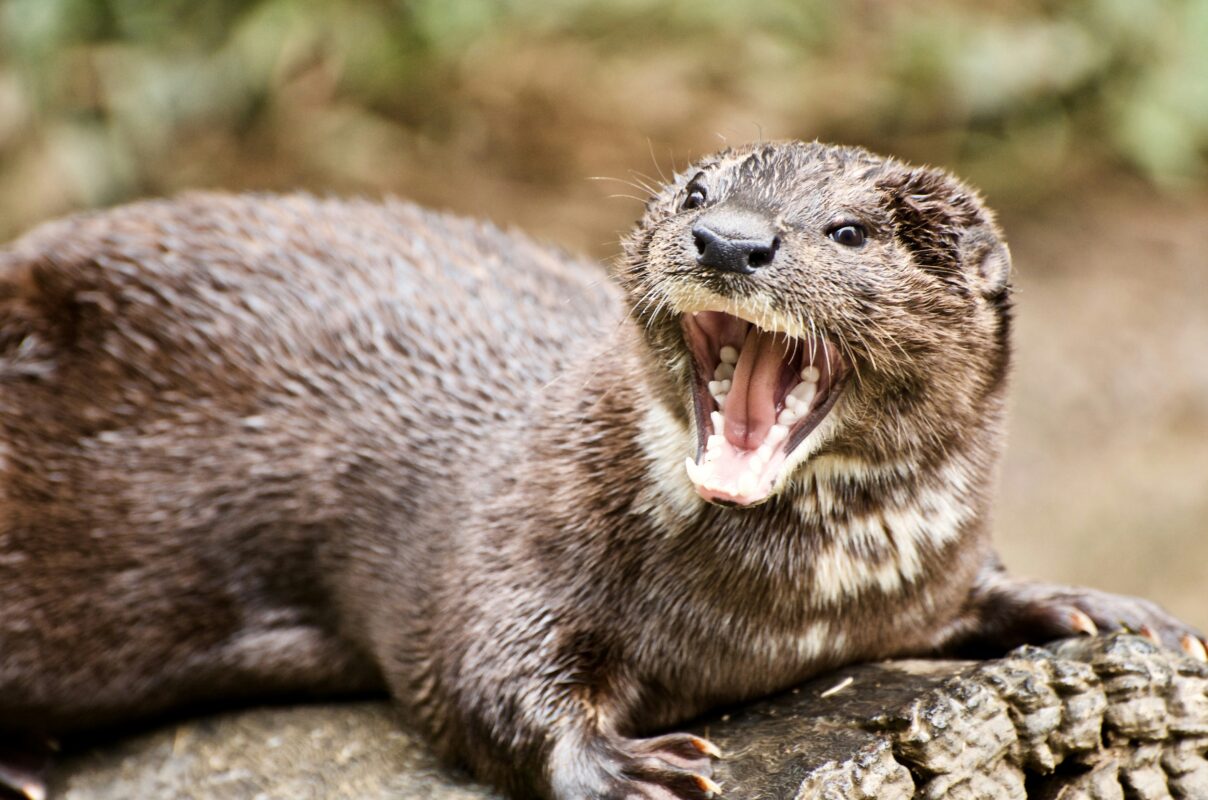Ready to embark on an adventure with me? Good! Because today, you’re going to learn about the amazing animals that live in the world around you, in a story called “Exploring the Transformative Educational Aspects of the Animal Kingdom”. In this story, we’ll discover how animals can teach us valuable lessons about life, science, and our planet. Through their behaviors, characteristics, and ways of living, animals can open our eyes to new ideas, make us think deeper, and even make us giggle! So prepare to have some fun, learn a lot, and to see the animal kingdom in a whole new way!
Phenomenal Biodiversity of the Animal Kingdom
The Animal Kingdom is like a gigantic, colorful box of crayons. Each crayon is special and they all come in lots of different shapes, sizes, and colors. That’s called biodiversity and it’s the same in the animal kingdom, where every animal is unique in its own way.
Embracing Vastness: Get to Know the Scales of Diversity
Think about all the animals you know. Your pet dog? The worms in your garden? The birds in the sky or the fish in the sea? You can imagine that we have a vast variety of animals, and they all have a part to play in our planet.
Classification of Life: Learning from the Animal Kingdom
All those animals in our vast box of crayons, we need a way to sort them out, right? Just like we have categories for crayons based on colors or sizes, we have categories for animals too, called the Classification of Life.
The Layers of Complexity: A Deeper Look into Biodiversity
Now, think about a lollipop. It has different layers, and each layer has its own flavor. Biodiversity in the animal kingdom is just like that, it is multi-layered and each layer is different and complex in its own way.
Animal Behaviors: Ensuring Survival and Continuity
Like superheroes in comic books, animals have amazing abilities and behaviors. These behaviors help them survive and carry on their species.
Dynamics of Predator-Prey Relationships
Remember playing hide and seek? Well, in the animal kingdom, the game is much more serious. The ones hiding are the prey and the ones seeking are the predators.
The Art and Science of Mating Rituals
The birds making beautiful sounds or the male lion’s roaring, it’s not them showing off, but they are performing their mating rituals to attract their partners.
Habitats and Niche Partitioning: A Study on Co-existence
Just like you and your friends have favorite spots to play, animals too have their preferred homes known as habitats. Also, like you have your unique style, animals too have a particular way of living called niche partitioning.

This image is property of images.unsplash.com.
Important Life Lessons from the Animal Kingdom
Did you know animals are just like wise old people? They have a lot of lessons to teach us.
Teamwork Embedded in Ant Colonies
You can seldom find an ant all by itself because they emphasize teamwork. By watching the ants, you can learn about the importance of teamwork and achieving goals together.
The Significance of Adaptation: Lessons from the Chameleon
Chameleons can change their skin color not for the fashion, but to survive. They teach us the importance of adapting to changes in life.
Conflict Resolution in Dolphin Pods
Dolphins live in groups called pods and have their way of settling things. They avoid fights and teach us about resolving conflicts peacefully.
Ecological Balance and the Role of the Animal Kingdom
Our planet Earth is like a giant seesaw, with just the right balance of things. Animals play a crucial role in maintaining this balance.
Ecosystem Dynamics: Exploring the Interconnectedness of Species
Think of animals as giant puzzle pieces of nature. They fit together perfectly and work together to keep the natural world working properly.
Predators, Preys, and the Balance of Nature
Like the game rock-paper-scissors, in nature, predators, and prey constantly balance each other out and it is necessary to maintain the balance of nature.
Decomposition and Detritivores: Essential Functions in Ecosystems
Animals like worms and beetles play a vital part in breaking down dead plants and animals and turning them into soil. It may sound gross, but decomposition is important for keeping our ecosystems healthy.

This image is property of images.unsplash.com.
Human Impact: The Interplay between Animals and Society
Humans and animals constantly interact and influence each other.
Domestication and Its Impact on Evolution
Mankind’s lovable pets like dogs and cats were once wild animals. People have tamed these wild animals over time, which is known as domestication.
Animals in Culture and Religion: Their Symbolic Value
In many human cultures animals play a very important role. They are seen as symbols or even worshipped in some societies.
The Economics of the Animal Kingdom: Trade and Ethical Considerations
Human societies and the animal kingdom are linked together. Things like buying and selling of animal products have a lot of implications we need to consider.
Zoology: A Multidimensional Study
Studying animals, or Zoology, is like unlocking a treasure chest, with multiple layers of surprises.
The Anatomy and Physiology of Diverse Species
Animals, big or small, have a unique body structure and functions which makes Zoology an interesting field of study.
Unfolding the Genomic Secretes: Lessons from Genetics
Like spying into a secret diary, studying genetics discloses the secrets of animal heredity and variation.
Behavioral Zoology: A Leap into Animal Psychology
Animals, like humans, have emotions and behaviors. Zoology enables us to sneak peek into an animal’s mind, just like psychologists look into the human mind.

This image is property of images.unsplash.com.
Conservation Efforts: Safeguarding the Animal Kingdom
Like a guardian, humanity needs to protect the animal kingdom for future generations to come.
Endangered Species: A Closer Look at the IUCN Red List
Some animals are in serious danger of disappearing forever. The IUCN Red List is like a hospital board listing out animals that need immediate care and protection.
Role of Zoos and Aquaria in Conservation
Zoos and aquariums are not just places for fun, they also serve an important role in conserving endangered species.
Grassroots Movements: The Power of Humane Education
Like seeds becoming big trees, small efforts from individuals can lead to big changes in preserving the animal kingdom.
Inspiration from the Animal Kingdom: Biomimicry and Innovation
Nature is like an inventor, and the animal kingdom is filled with genius ideas that humans can use.
Learning Designs from Nature: Examples of Biomimicry
Biomimicry is using ideas from nature to create new things. For example, a bird’s wing inspired the airplane design.
Scientific Breakthroughs Inspired by Animals
Animals have inspired many scientific breakthroughs thanks to their amazing abilities. For example, a gecko’s sticky feet inspired the invention of strong adhesives.
Nature as a Source Innovation: Shaping Future Technologies
Looking at nature can help us invent new, cool technologies. From robots to medicines, the animal kingdom can inspire all sorts of things.
Therapeutic Effects: Animals and Human Well-being
Pets are like fuzzy therapists. They help in healing and improving human health.
Pets and Their Influence on Human Health
Pets not only provide us company, but also have a positive influence on our health by reducing stress and anxiety.
Horse-Assisted Therapy: How Animals Aid in Healing
Horses can provide therapy too! Horse-Assisted Therapy is helping people overcome their problems and heal.
Wildlife Tourism: The Psychological Benefits of Interaction with Nature
Interacting with wildlife has a calming effect on our minds. Wildlife tourism is an exciting way to enjoy nature and also has psychological benefits.
The Realists Take
Life is filled with challenges, and so is the study of wildlife.
A Balanced Perspective: Recognizing the Challenges of Wildlife Study
Studying wildlife is not just fun, it’s filled with challenges too. But that’s okay, every good thing comes with a pinch of trouble.
Positive Developments in Conservation
There are many positive things happening in the field of conservation. More animals are being protected and more people are caring about them.
The Future of Human-Animal Relationship: A Hopeful Vantage
Everyone loves a happy ending, and so do we. With more people learning about animals and becoming their friends, there is a hopeful future for human-animal relationships.



